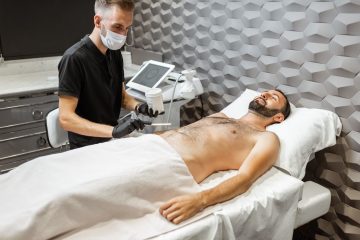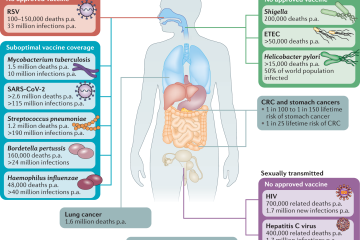For registered nurses who wish to advance their practice, there are numerous sub-specialties within advanced practice nursing. The family nurse practitioner program (FNP) and the Psychiatric-Mental Health Nurse Practitioner program (PMHNP) are two of the most sought-after sepecialties. Choosing the program that is the best fit for you may depend on course requirements or career development. Here are some things to consider when choosing the right nurse practitioner program:
Curriculum Differences
A family nurse practitioner program focuses on preventive and primary care to promote daily health. Courses for FNPs may include advanced health assessment, pharmacology, or pathophysiology. The curriculum focuses on the diagnosis and management of acute and chronic illness and illness as well as disease prevention. Rather than overall health and well-being, PMHNP programs specialize in mental health and psychiatric nursing. The curriculum may include studies in psychopharmacology, psychotherapy, or psychiatric diagnosis and evaluation. Mental health disorders, treatments, and types of therapy are topics that students often cover. They learn how to do psychiatric assessments, write treatment plans, prescribe medication, or offer counseling to people with mental illness or those with substance use disorders.
Clinical Training Requirements
FNP students must complete hundreds of clinical hours in primary care facilities such as family practice, pediatrics, or adult gerontology. Clinical rotations often include hands-on experience with a wide spectrum of health-related illnesses across all age groups. PMHNP students also attend hundreds of clinical hours in the field but spend their time at inpatient units, outpatient mental health clinics, or substance abuse programs. They are trained to assess psychiatric disorders and formulate treatment plans and various therapies. Both FNP and PMHNP programs focus on the acquisition of procedural knowledge and skills with regard to actual practice in health care delivery systems.
Licensure and Certification
There are two main certifying bodies for FNPs: the American Nurses Credentialing Center (ANCC) and the American Academy of Nurse Practitioners Certification Board (AANPCB). To qualify for certification, candidates must usually complete an accredited FNP program, the required number of clinical hours, and pass a comprehensive exam. PMHNPs can only obtain certification from the ANCC. To qualify, candidates must complete an accredited PMHNP program, a given number of hours of clinical practice in psychiatric-mental health, and pass a certification examination.
In addition to national certification, both FNPs and PMHNPs must acquire a state license to practice. Most states also require proof of a current RN license, graduation from an advanced practice nursing program, and national certification. Specific states could have other regulations or limitations regarding the scope of practice.
Career Opportunities and Work Settings
When entering a career, family nurse practitioners can choose between numerous roles that prioritize primary care. Some may be employed in private medical practices, community health centers, or urgent care centers. FNPs can also practice in school health services, occupational health, or retail health clinics. Due to this versatility, many FNPs are employed in remote healthcare centers to meet the health needs of rural communities.
PMHNPs are commonly employed in psychiatric mental health facilities. They practice in psychiatric hospitals, mental health clinics, or as independent practitioners. PMHNPs can also work in substance abuse treatment centers and correctional facilities or provide consultation liaison services in general hospitals. Some may also work in schools or practice telepsychiatry. In addition to clinical work, PMHNPs could be involved in research, teaching, or policy-making concerning mental health services.
Deciding Between FNP and PMHNP Programs
The choice between FNP and PMHNP programs depends on your passion, career aspirations, and target client base. An FNP role could be more attractive to those who like working with people across the age spectrum. Nurses interested in mental health and desiring to offer extensive psychiatric care could be best suited for PMHNP positions. Some nurses prefer to obtain dual licensing in both specialties, which involves extra education and clinical experience.
Choosing a Family Nurse Practitioner Program
Career prospects for FNP and PMHNP graduates in advanced practice nursing are often promising. While FNPs offer primary care throughout a patient’s lifespan, PMHNPs specialize in mental health and psychopharmacological management. Both options should be carefully examined, and aspiring nurse practitioners should evaluate the curricula required, clinical practice exposures, and potential career paths. Once you have settled on your choice, contact a nursing university to get started.



